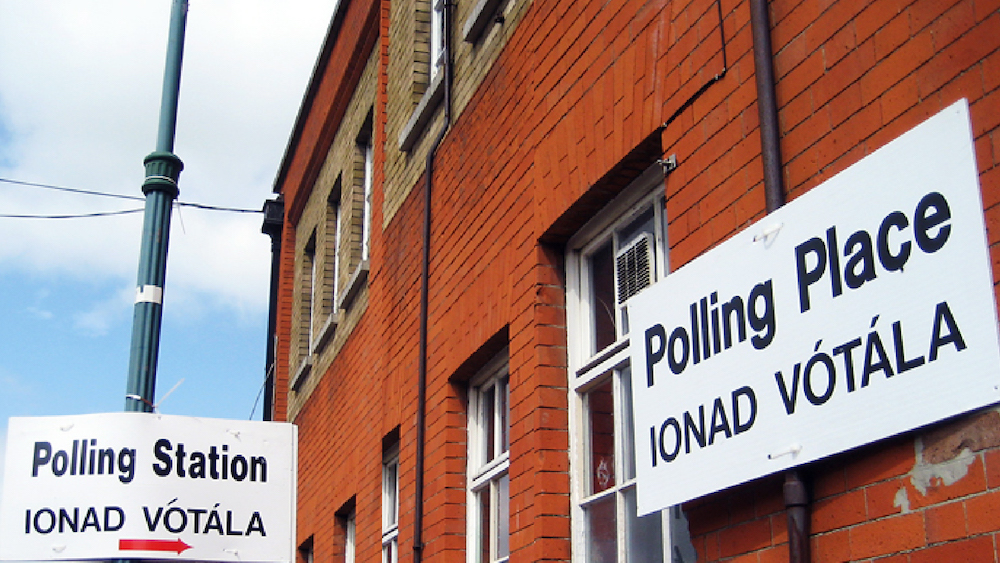Why I am voting no on the care referendum
With a referendum on the way Ross shares how he decided he will vote yes on the family amendment, but why the care amendment worries him.

On the 8th of March 2024, the people of Ireland will vote in two referendums, relating to an amendment on family and care. The family referendum, if passed, would expand the definition of family to include “other durable relationships” outside of marriage.
The care referendum, if passed, would delete Article 41.2 of the constitution and add a new Article 42B, which would recognise the importance of the common good of care provided by family members, and “strive to support” this care.
Making an informed decision when voting in the referendum
Deciding how I should vote has taken a good while. Initially, I felt that the information provided needed to be better to help me make a decision and that my position on the referendums could change up till the day of voting.
While the Electoral Commission provided information on the referendum via post and online, I also watched a debate on the referendum in UCD. It was useful to get multiple perspectives on the referendum from reliable sources.
Why I’m voting yes on the family amendment
In my current view of the referendum, I feel more decided, but know many friends are still making up their minds.
On the family amendment, I will vote yes. While I was initially unsure if “durable relationships” was strong enough wording, the aim of the referendum to allow it to include other definitions of family units is significant. Especially as many families in Ireland are founded outside of marriage and are not directly protected in the current constitution, A “durable relationship” can include single mothers, grandparents and co-habitants. As someone on the aromantic spectrum who may not want to get married, I would have the same legal protections in a “durable relationship” outside of marriage if the majority voted yes.
Deciding on the care amendment and understanding the concerns
I have found it difficult to make up my mind on the care amendment due to the specific wording of this.
The care referendum does aim to do something positive, by removing women as being the sole mention of those caring in the home. However, the replacement of this with the care provided by family members to each other concerns me.
These are also issues raised by FLAC and the Independent Living Movement Ireland, who have said that this may undermine the work of care done by carers outside of the family, and does not acknowledge the care required for people with disabilities.
From listening to Senator Tom Clonan’s concerns about this at the UCD debate, care is often done by family members and the care amendment would not note a difference in the care being provided by family.
As someone living with a disability, this especially means a lot to me and while I am fortunate to have a lot of independence, this has made me cautious in taking a stance about this referendum.
However, on the care amendment, I will vote no. While I recognise removing the language of Article 41.2 is positive, I cannot support the change to place care in the family. In my view, this would undermine the independence of disabled people by putting the expectation of care onto family, where this may not be possible or wanted.
As someone with a mixed experience of disability services by the state, the wording creates a sense of only trying, rather than actually being accountable and could impact legal cases in future.
Make sure to make your voice count
Most importantly, if you can vote on the 8th of March, you should vote in what is an important referendum for many people. While the two referendums can be confusing, the Electoral Commission has provided good information on them which can be found here.
Want to learn more about voting in a referendum? Get relevant information and support all in one place.
Image by European Parliament
Need more information, advice or guidance?
We offer information, advice and guidance about the issues that matter to you. Our online Youth Information Chat service is for 16 to 25 year olds and is available Monday to Friday, 4pm to 8pm (excluding Bank Holidays).






